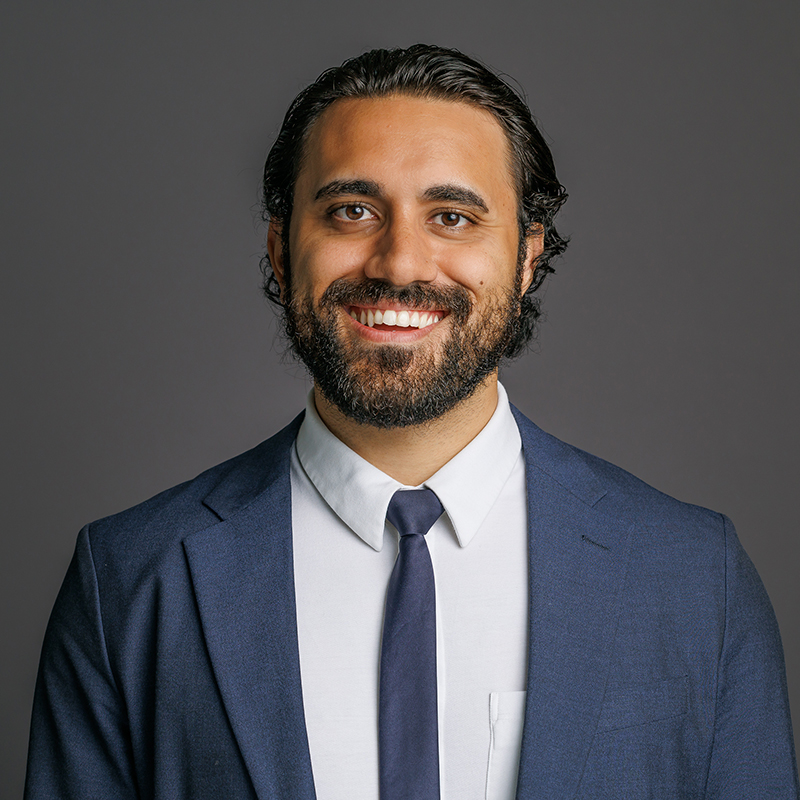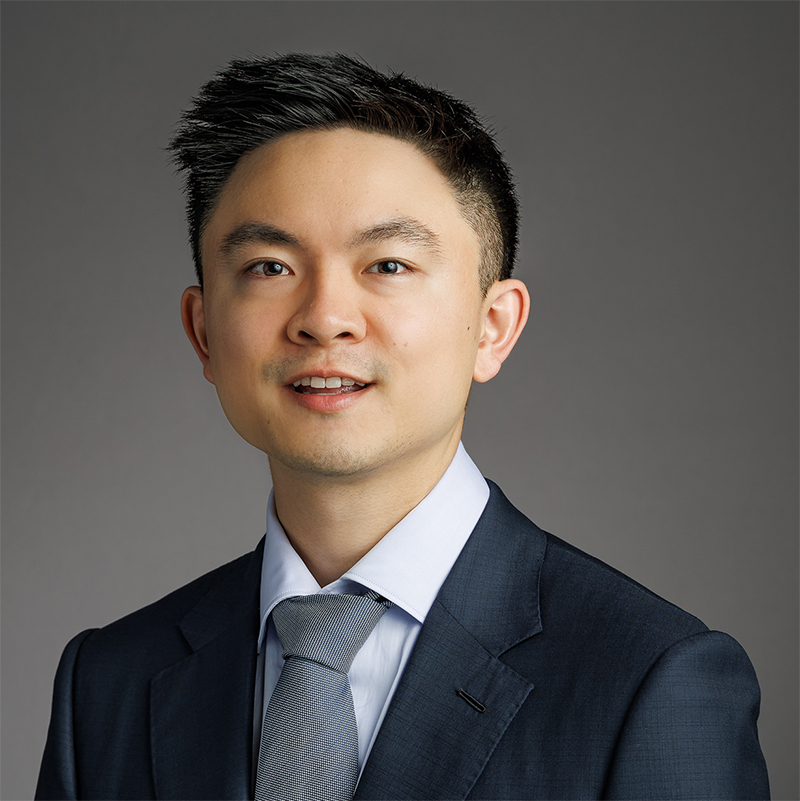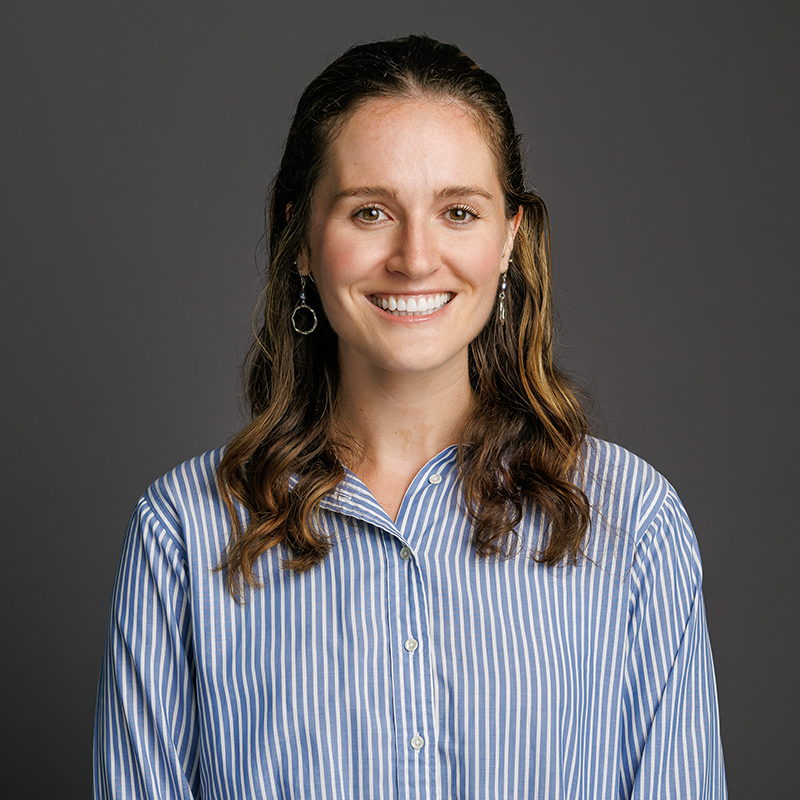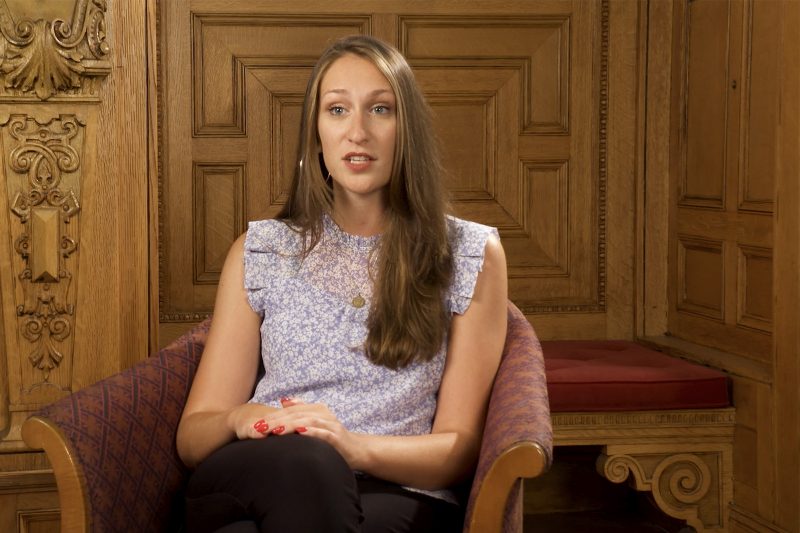Awarded to Returned Peace Corps Volunteers
The Jackson School of Global Affairs participates in the Paul D. Coverdell Fellows Program. The fellowships are awarded to Returned Peace Corps Volunteers who apply as a Coverdell Fellow.
To be considered, interested RPCVs upload a 500 word-max Peace Corps Fellowship Statement to the online application, indicating how the fellowship fits into their academic and professional plans, and how they plan to fulfill the Coverdell internship requirement.
During their graduate studies, Coverdell Fellows complete a degree-related internship in an underserved American community, allowing them to bring home and expand upon the skills they learned as Peace Corps volunteers.
At Jackson, Coverdell Fellows receive full tuition to cover the full cost of attendance. Coverdell Fellows may be named after intent to matriculate decisions are made.
For more information on the Coverdell Fellows Program, visit the Peace Corps website or attend an upcoming Jackson webinar for prospective Coverdell Fellows.
Meet our current Coverdell Fellows:
Anthony Asuega

As a Peace Corps Volunteer in Liberia, Anthony taught math and science to high school students, led the construction of classrooms and a cafeteria, and facilitated a boys and girls club all in the same rural community in which he lived and worked. After returning to the States, he was a researcher in the Sustainability Research Laboratory at Colorado State University, where he contributed to a greater understanding of the economic feasibility of small modular nuclear reactors (SMRs) by developing the first engineering-based SMR economic model, allowing capital and operational cost estimates across various technologies, Monte Carlo uncertainty analysis, and a carbon tax plan to create cost parity between low-carbon SMRs and carbon-intensive natural gas plants.
At Yale, he is exploring economic development for poor and working-class communities through the public and non-profit sectors, and how a just energy transition can benefit both people and planet.
Read Full BioBilly Chan

Prior to attending Yale, Billy was a scholar, teacher, and public service worker for educational reform in regions devastated by or at risk of conflict. He most recently worked in Georgia as a Peace Corps Volunteer, serving communities impacted by the Russian-Ukrainian War and the Nagorno-Karabakh crisis. Before this, Billy was a consultant for Taiwan’s national higher education reform under the $1 billion “Bi-Lingual 2030” initiative. He also earned post-advanced Mandarin Chinese certification through the International Chinese Language Program at National Taiwan University and was a Fulbright scholar there the year prior.
At Yale, Billy is focusing on human rights and migration through the lens of education and organizational development.
Read Full BioAllison Holland

Allison served as a Peace Corps Volunteer in Benin, West Africa, where she initiated a food security and sustainable agriculture program in her village. During her service, she worked closely with women-run businesses and provided financial literacy, community gardening, and nutrition trainings.
At Yale, she is focused on the relationship between food insecurity and water scarcity, and its impact on global conflict, the environment, and women’s development.
Read Full Bio